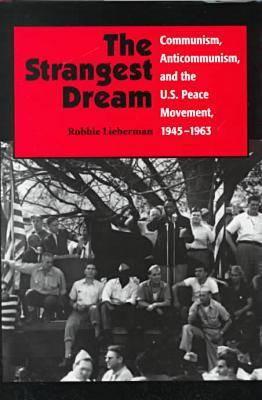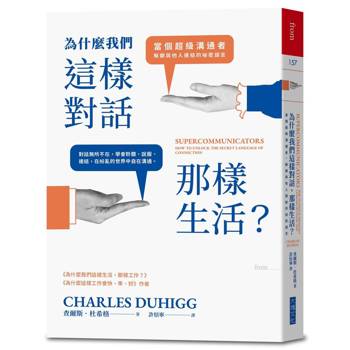Drawing on extensive archival material and oral history, Robbie Lieberman illustrates how grassroots peace activism in the United States became associated with Communist subversion after World War II, enabling proponents of the Cold War to virtually silence the opposition until the early 1960s.
The persecution of peace activists as subversives dates back to colonial time, but the specific link between communism and peace developed out of the unique conditions of the Cold War-Communist agitation for peace, American notions of national security and freedom that rested on containing communism at all costs. Not until peace organizations challenged external and internal anti-Communist attacks were they able to achieve a new level of respectability. As Cold War tensions ease, it is important to assess the early years of the peace movement with regard to the issue of Communism that dominated American life in those years. With this book, Lieberman seeks to clarify attitudes about peace and the fate of the peace movement not previously addressed by a major work.| FindBook |
有 1 項符合
The Strangest Dream: Communism, Anti-Communism, and the U.S. Peace Movement, 1945-1963的圖書 |
 |
The Strangest Dream: Communism, Anti-Communism, and the U.S. Peace Movement, 1945-1963 作者:Lieberman 出版社:Syracuse University Press 出版日期:2000-05-01 語言:英文 規格:精裝 / 252頁 / 23.9 x 16.3 x 2.5 cm / 普通級/ 初版 |
| 圖書館借閱 |
| 國家圖書館 | 全國圖書書目資訊網 | 國立公共資訊圖書館 | 電子書服務平台 | MetaCat 跨館整合查詢 |
| 臺北市立圖書館 | 新北市立圖書館 | 基隆市公共圖書館 | 桃園市立圖書館 | 新竹縣公共圖書館 |
| 苗栗縣立圖書館 | 臺中市立圖書館 | 彰化縣公共圖書館 | 南投縣文化局 | 雲林縣公共圖書館 |
| 嘉義縣圖書館 | 臺南市立圖書館 | 高雄市立圖書館 | 屏東縣公共圖書館 | 宜蘭縣公共圖書館 |
| 花蓮縣文化局 | 臺東縣文化處 |
|
|
圖書介紹 - 資料來源:博客來 評分:
圖書名稱:The Strangest Dream: Communism, Anti-Communism, and the U.S. Peace Movement, 1945-1963
內容簡介
作者簡介
Robbie Lieberman is associate professor of history at Southern Illinois University at Carbondale. She is the author of "My Song Is My Weapon" People’s Songs’ American Communism, and the Politics of Culture, 1930-1950, which won the Deems Taylor Award from American Society of Composers, Authors, and Publishers (ASCAP).
|










